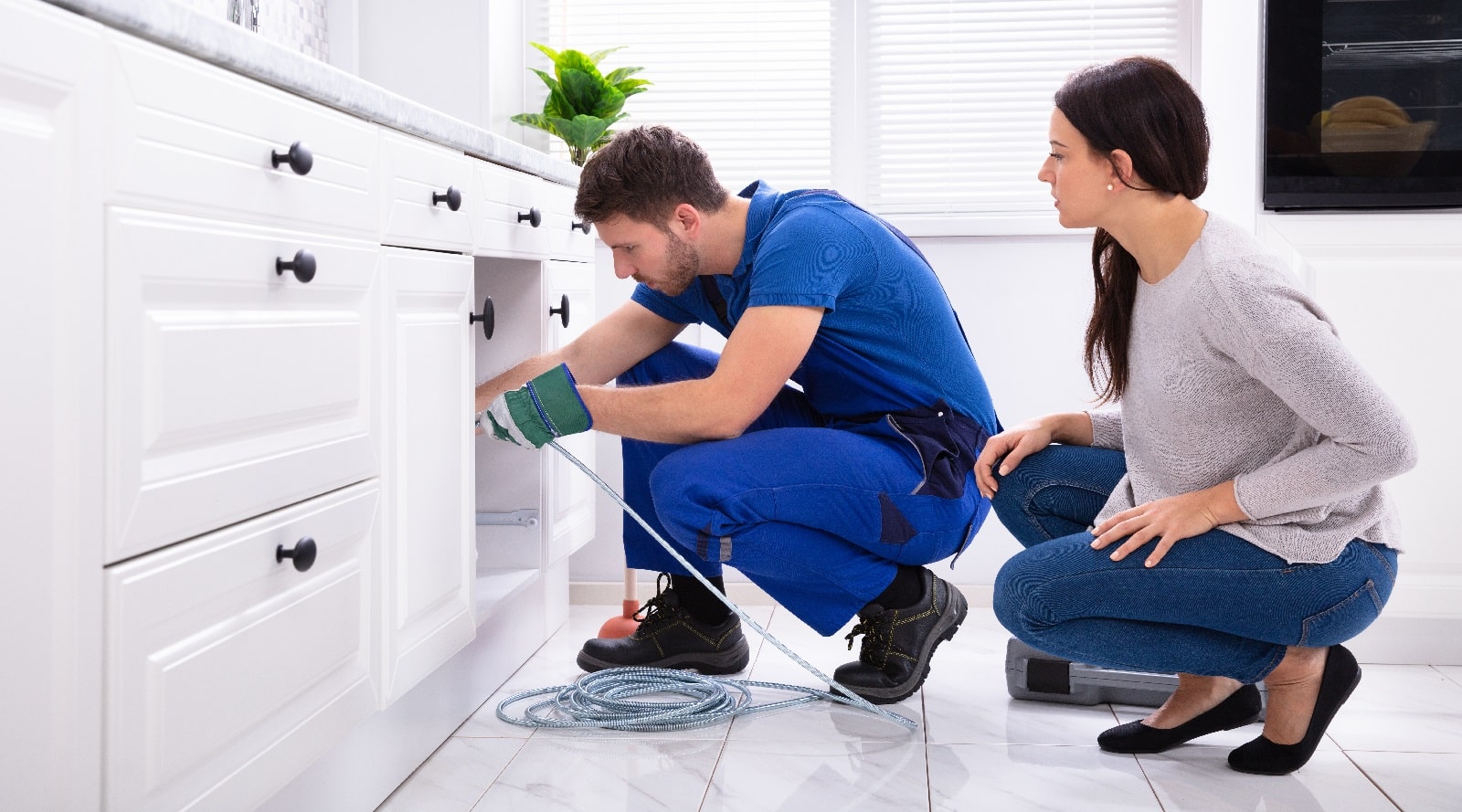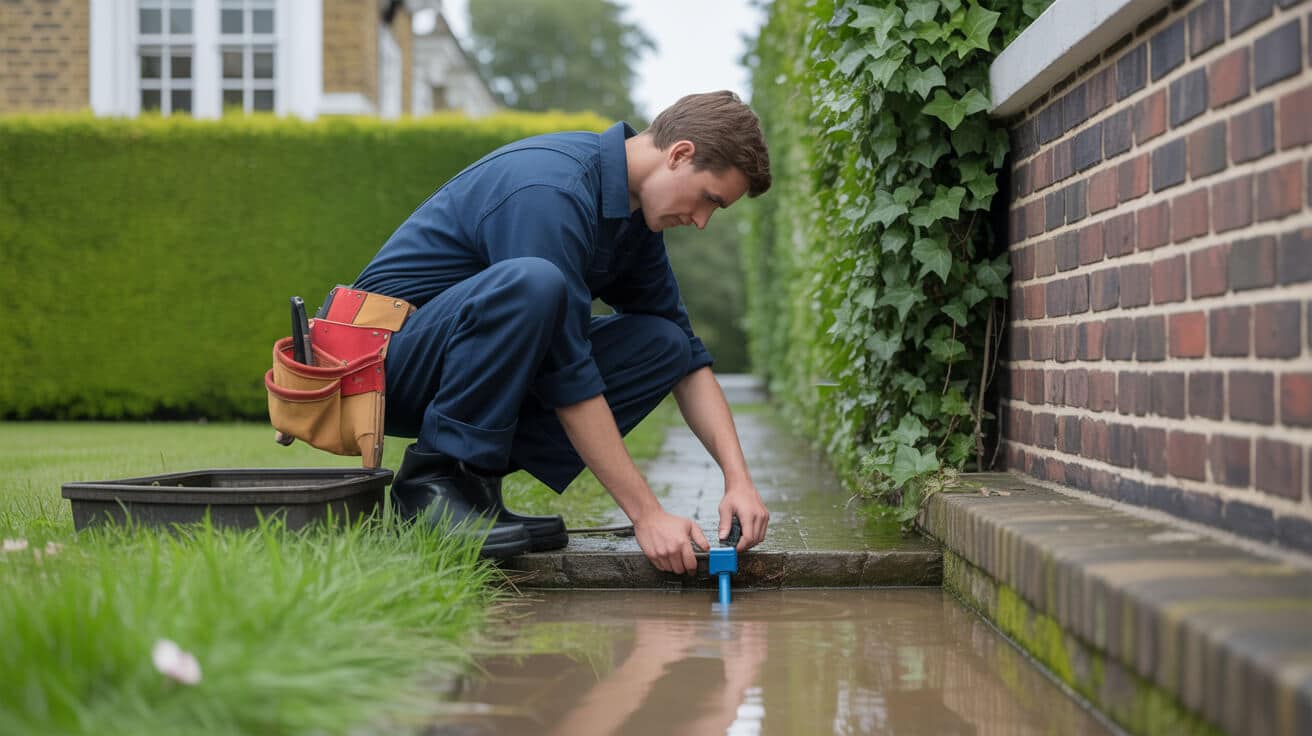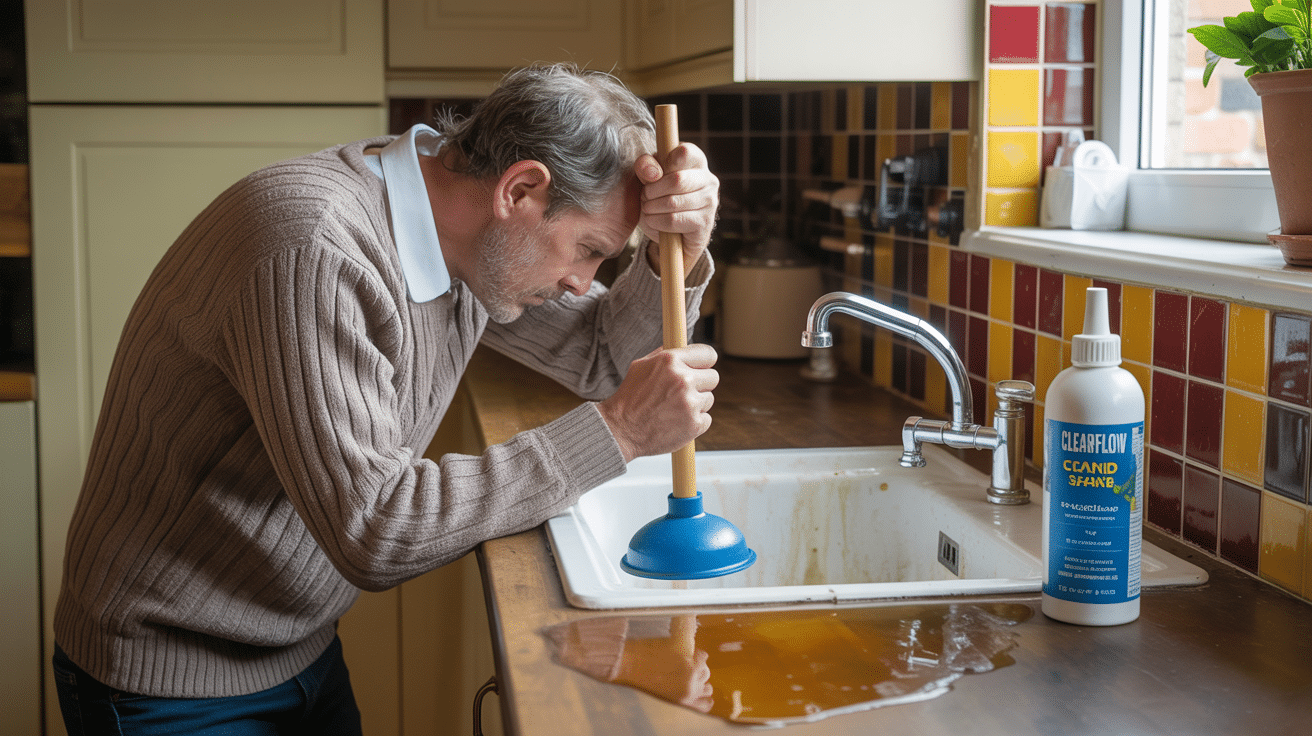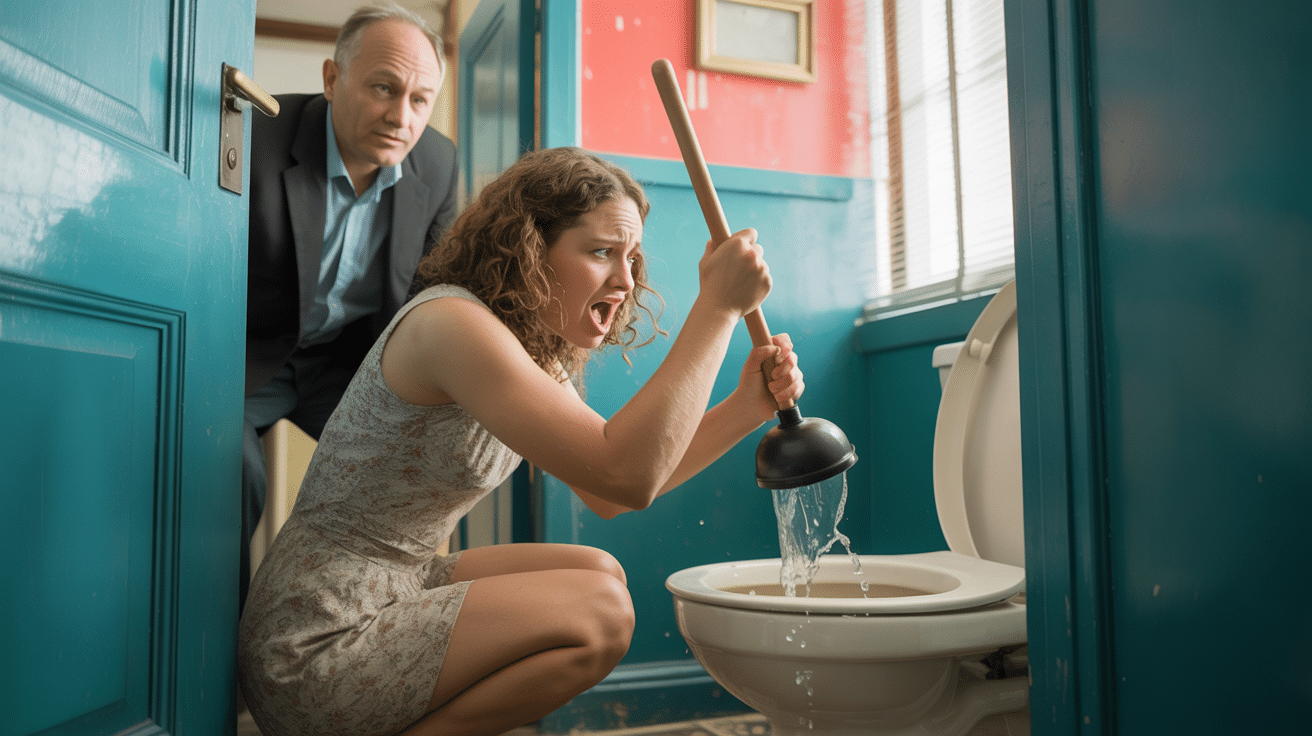 What to do if you have home maintenance issues while coronavirus restrictions are still in place
What to do if you have home maintenance issues while coronavirus restrictions are still in place

Members of the public have been left confused over coronavirus restrictions and home maintenance, with many wondering if the restrictions affect their access to trade services.
While many businesses are being forced to close, if plumbers weren’t allowed into properties or sites to fix breakages it could lead to hazardous sanitation amenities and drinking-water, so the government has included individuals working in this sector in its list of key workers.
However, trade firms and other services have been operating differently and using their own COVID-19 protocol, often with a reduced service.
So, what should you do if you run into home maintenance issues and what steps can you take to keep safe during a service callout?
Understanding your home’s systems
When a leak springs or the electrics cut out, a basic knowledge of your home’s systems can come into its own, especially when what seems to be a small issue can quickly become a costly or dangerous one.
For example, knowing the location of your master stopcock valve and how to shut off the water supply when needed is essential if you spot the early signs of a leak and could save you an average of £7,000 per household in the event of a major burst.
Keeping an eye out for regular power outages, frequently blown fuses and persistent burning smells may indicate you have a bad wiring problem, which could set you back up to £6,500 if left unchecked.
Knowing when to call a professional
Tradesmen and maintenance workers have been working during the current restrictions, generally with service limited to ’emergency repairs’.
You shouldn’t hesitate to call a professional if there’s a big problem like a burst pipeline or if you suddenly find yourself without any hot water. This also applies to problems that are small at first but could quickly spiral out of control if not tackled quickly by a professional.
If you are confident in your DIY abilities, tackling small installation tasks like changing taps or installing efficient showerheads are fine, especially as some DIY shops have begun to open their doors.
Keeping yourself safe from COVID-19
Some of us might be inclined not to call a professional because we’re worried they might somehow bring the virus into our homes.
However, all reputable firms in the trade industry have a new code-of-conduct or training in place to help keep themselves and their customers safe. This includes calling in advance, use of PPE and even virtual troubleshooting schemes.
For your safety and theirs, you should keep at a safe distance whilst they’re on the job. This could mean just staying in a separate part of your home, or perhaps going out for your daily walk while they’re working.
The guidance states no work should be carried out in any household which is isolating or where an individual is being shielded, unless that household’s safety is at direct risk.
It’s recommended you disinfect the problem area before and after a professional has finished their work. Any surfaces and floors should be scrubbed down with soap and hot water and then disinfected with a household cleaner.
Remember the medical advice to avoid touching your face and washing your hands to reduce the risk of catching anything.
Don’t forget the car
Unless you are driving for reasons listed by the UK Government, you should keep your time on the roads to the bare minimum.
But, even if we’re not using our cars as much, we should remember not to neglect them. Leaving them on the driveway for too long can cause a whole host of problems. Tyres can deform and need replacing, which could set you back around £200.
Not using your car can also deplete the battery and lead to corrosion in the engine because of a lack of oil circulation.
Think about purchasing a mains-powered battery maintainer, which will keep the engine in good condition during this time. Or, you could try running your engine, for a few minutes, while your car is parked on your drive each week. This will help to circulate fuel and oil around the engine.



